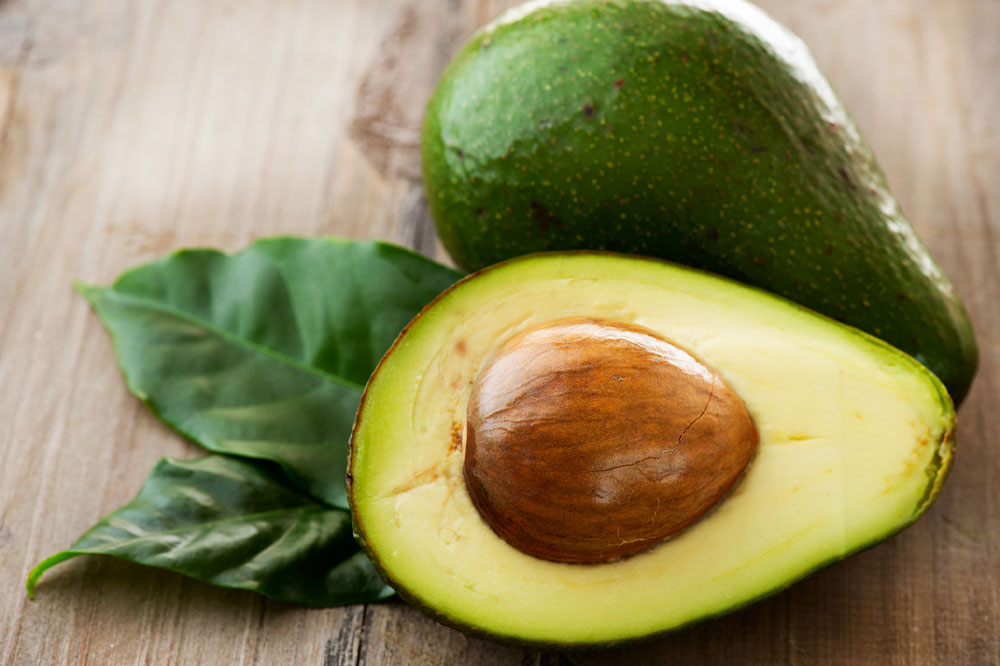Effective Nutritional Strategies to Naturally Alleviate Asthma Symptoms
Discover comprehensive nutritional strategies to naturally reduce asthma symptoms. Learn about the best foods, herbs, and nutrients that support lung health, reduce inflammation, and improve breathing. Incorporate vitamins, antioxidants, and natural remedies into your daily routine to enhance respiratory wellness and manage asthma effectively.

Dietary Choices That Can Help Reduce Asthma Attacks and Improve Respiratory Health
Asthma is a chronic respiratory condition that affects millions worldwide, characterized by inflammation and narrowing of the airways, leading to breathing difficulties, wheezing, chest tightness, and other distressing symptoms. While conventional treatment includes inhalers and medications designed to control symptoms and prevent severe attacks, emerging research emphasizes the significant role of nutrition in managing asthma effectively. A well-balanced diet rich in specific nutrients can bolster lung health, reduce inflammation, and decrease the frequency and severity of asthma episodes. This comprehensive guide explores various foods, herbs, and nutrients that have the potential to naturally alleviate asthma symptoms and support overall respiratory wellness.
Fruits and Vegetables: The Foundation of Lung Health
Including a diverse array of colorful fruits and vegetables in your daily diet is vital for maintaining healthy lungs. These foods are abundant in essential vitamins, minerals, and antioxidants that combat inflammation and support immune function. Vitamin A, found in green leafy vegetables like kale, spinach, and broccoli, plays a crucial role in maintaining the integrity of the respiratory mucosa, thereby improving lung function. Magnesium-rich foods such as spinach, Swiss chard, and whole grains have been linked to relaxed airway muscles, easing breathing difficulties. Beta carotene, abundant in carrots, sweet potatoes, and butternut squash, acts as a powerful antioxidant that supports lung resilience against environmental pollutants and oxidative stress. Additionally, fruits rich in vitamins C and E, like apples, oranges, strawberries, and kiwi, help combat oxidative damage and reduce inflammation in the respiratory pathways. Bananas, which are high in potassium and contain beneficial antioxidants, can contribute to reducing wheezing episodes in asthma sufferers by promoting better airway function.
Moreover, maintaining an antioxidant-rich diet helps neutralize free radicals produced during respiratory inflammation, thereby decreasing the likelihood of severe asthma attacks. The inclusion of a variety of colorful produce not only enhances nutrient intake but also provides phytochemicals that boost lung health.
Foods Rich in Vitamin D: Supporting Immune and Respiratory Functions
Vitamin D has garnered significant attention for its immune-modulating properties and potential role in preventing asthma exacerbations. Adequate vitamin D levels have been associated with fewer asthma attacks and better lung function, especially in children and adolescents. Sunlight exposure remains the primary natural source of vitamin D, but many individuals do not get enough sun, especially in winter months or urban environments. Therefore, dietary intake becomes critical. Rich sources of vitamin D include fatty fish like salmon, mackerel, and sardines, which contain high levels of this vital nutrient along with omega-3 fatty acids that possess anti-inflammatory properties. Eggs, fortified dairy products such as milk and yogurt, and fortified plant-based milk alternatives provide additional vitamin D support. Orange juice, often fortified, is another convenient way to boost vitamin D intake. Consuming vitamin D-enriched cereals, bread, and snacks can also help maintain optimal levels. Ensuring sufficient vitamin D is particularly important because it aids in modulating immune responses, reducing airway inflammation, and enhancing lung function, all of which are critical in managing asthma.
For individuals with persistent deficiency, supplementation under medical supervision might be recommended to achieve optimal levels and further reduce asthma symptoms.
Herbs, Spices, and Hydration: Natural Remedies for Respiratory Comfort
Certain herbs and spices are well-known for their natural anti-inflammatory and respiratory soothing properties. Ginger, a potent root herb, contains compounds called gingerols and shogaols that possess strong anti-inflammatory effects. Incorporating fresh ginger into daily meals—such as teas, soups, and stir-fries—or consuming ginger extract mixed with warm water and honey can help relax airway muscles and reduce inflammation, alleviating asthma symptoms. Garlic, known for its immune-boosting and anti-inflammatory properties, can help decrease lung congestion and soothe irritated airways. Consuming raw or cooked garlic cloves can bolster respiratory health, especially during cold and flu seasons.
Turmeric, rich in curcumin, is a versatile spice with potent anti-inflammatory effects that may help reduce airway inflammation and improve breathing. Adding turmeric to curries, smoothies, or warm milk can provide ongoing respiratory support. Maintaining adequate hydration is equally essential, as water helps thin mucus secretions, facilitating easier clearance from airways and reducing coughing and wheezing. Drinking plenty of water, herbal teas, and infused waters can keep respiratory tissues moist and resilient, further aiding in asthma management.
Integrating these natural strategies along with medical treatments can greatly improve quality of life for asthma sufferers. Emphasizing a diet rich in antioxidants, vitamins, and anti-inflammatory foods, combined with proper hydration, offers a holistic approach to respiratory health. Always consult with healthcare professionals before making significant dietary changes or starting new supplements, especially for managing chronic conditions like asthma.





